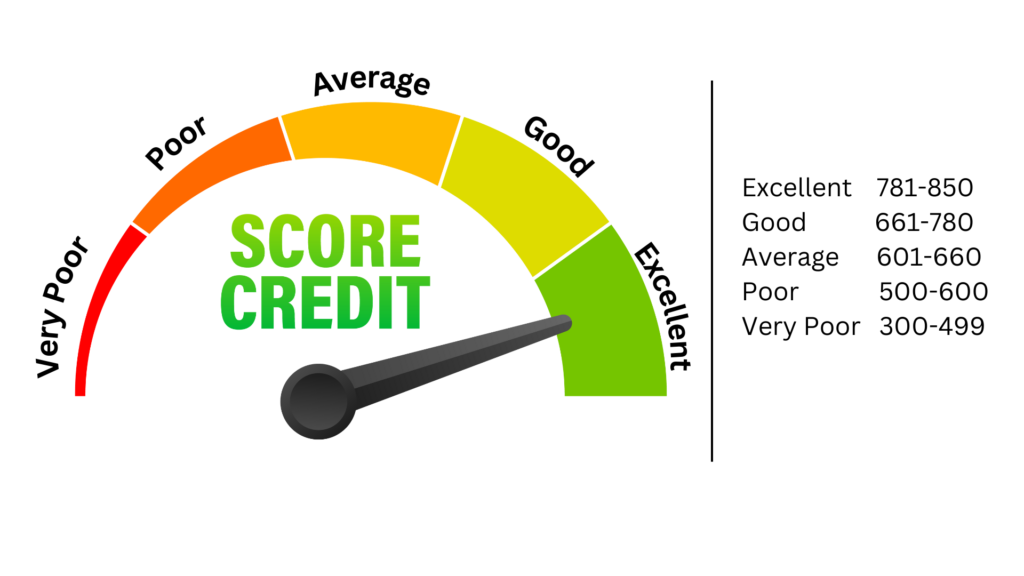[today_date]
What Is the Purpose of a Credit Score?

What Is the Purpose of a Credit Score?
A credit score plays a crucial role in your financial life. It’s a number that reflects your creditworthiness, which means how likely you are to repay borrowed money. Banks, lenders, and even some landlords use this score to decide whether to approve your loan, credit card application, or rental agreement.
Why Does a Credit Score Matter?
The primary purpose of a credit score is to help lenders assess risk. When you apply for a loan or a credit card, the lender wants to know if you can pay back what you borrow. Your credit score provides a quick snapshot of your credit history, giving lenders an idea of how responsible you’ve been with credit in the past.

Credit Score Categories
Credit scores typically range from 300 to 850. Here’s how they’re generally categorized:
Excellent (750 – 850): If your score falls within this range, you’re considered a low-risk borrower. Lenders are more likely to offer you the best interest rates and loan terms.
Good (700 – 749): A good credit score shows that you’re a reliable borrower. You’ll likely be approved for most loans and credit cards, though your interest rates might be slightly higher than those with excellent credit.
Fair (650 – 699): This range indicates that you’re an average borrower. While you can still get approved for credit, you may face higher interest rates and less favorable terms.
Poor (600 – 649): A poor credit score suggests that you’ve had some credit issues in the past. You might struggle to get approved for loans or credit cards, and if you do, expect higher interest rates.
Very Poor (300 – 599): With a score in this range, lenders may see you as a high-risk borrower. Approval for credit is challenging, and if granted, the terms are often not favorable.
How It Affects You
A high credit score can open doors to better financial opportunities. If your score is strong, you’re more likely to get approved for loans and credit cards. You might also receive lower interest rates, which means you’ll pay less money over time. On the flip side, a low credit score can make it harder to borrow money. If you do get approved, you’ll probably face higher interest rates.
Building and Maintaining a Good Score
Your credit score isn’t set in stone—it changes based on your financial behavior. Paying bills on time, keeping credit card balances low, and not applying for too much credit at once can help improve your score. Regularly checking your credit report for errors is also a good practice to ensure your score accurately reflects your credit history.
Where to Check Your Credit Score
You can easily monitor your credit score through various trusted websites:
- Credit Karma – Offers free credit scores, reports, and monitoring.
- Experian – Provides free credit reports and scores, along with credit monitoring and identity theft protection services.
- Equifax – Allows you to view your credit score, get credit reports, and offers credit monitoring services.
- TransUnion – Offers credit scores, reports, and credit monitoring.
- Annual Credit Report – The only authorized source for free annual credit reports from all three major credit bureaus: Experian, Equifax, and TransUnion.
Beyond Borrowing
Your credit score can impact more than just borrowing. Some employers check credit scores during the hiring process, especially for jobs that involve handling money. Insurance companies might also use your score to determine your premiums.
In short, the purpose of a credit score is to measure your financial reliability. It influences your ability to borrow money, the cost of that borrowing, and even aspects of your daily life. By understanding and managing your credit score, you can take control of your financial future.





4 Comments
Thankyou, after reading this blog I understand the concept of credit calculation.
👍🤞👍
Your article helped me a lot, is there any more related content? Thanks!
Yes, Informed Sphere team main motive is to provide you the valuable information!
Thanks for visiting Informedsphere.com, Stay Tuned with us